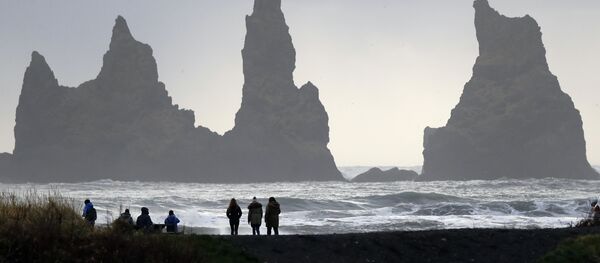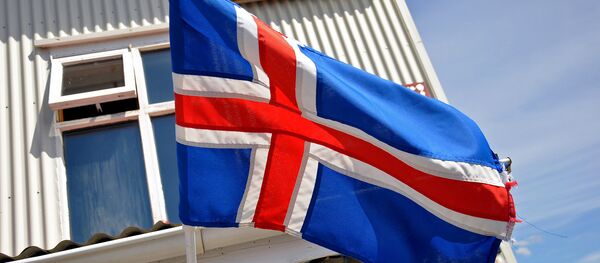The speeding ticket amounted to 30,000 ISK ($290). According to the citizenship requirements set by UTL, fines less than 50,000 ISK ($483) should not interfere with the process of receiving citizenship.
Bala Kamallakharan himself told his story on Facebook.
"As an immigrant, I am constantly reminded how difficult it is to be accepted into any community," Kamallakharan wrote. "Even more disappointing are the different standards that are set for immigrants. I have always known that I am going to be measured on a different scale on everything," he added.
Judging by the comments to Kamallakharan's post, Icelanders joined in with an outburst of anger and confusion at his rejection. So far, Kamallakharan's only option remains to appeal for citizenship directly via parliament.
The immigrant population of Iceland is 10.6 percent out of 330,000. Within the immigrant population, Poles represent the largest minority at 38.3 percent, trailed by Lithuanians (5.1 percent) and people from the Philippines (5 percent). In 2016, 703 persons were granted Icelandic citizenship, compared with 801 in 2015, Statistics Iceland revealed.
The composition of the island nation is clearly changing and is predicted to continue to do so in the coming years. The population group aged 70 and over is growing at an increasing rapid pace. At present, this group makes up 10 percent of the Icelandic population, but is expected to swell to 20 percent by 2050.
Based on the expected economic growth, foreign labor is seen as the answer for plugging the gap in the workforce.
"Clearly, if we're going to import 2,000 or even 3,000 people a year, this proportion will change very fast," Þorsteinn stated. "It could be 15 percent as soon as in 2030. I believe we need to look at it with a positive attitude how we're going to respond. How do we make it easier for people who come here to get settled? And how do we develop our immigration policy in response to this reality?" Þorsteinn Víglundsson said at a press conference.





